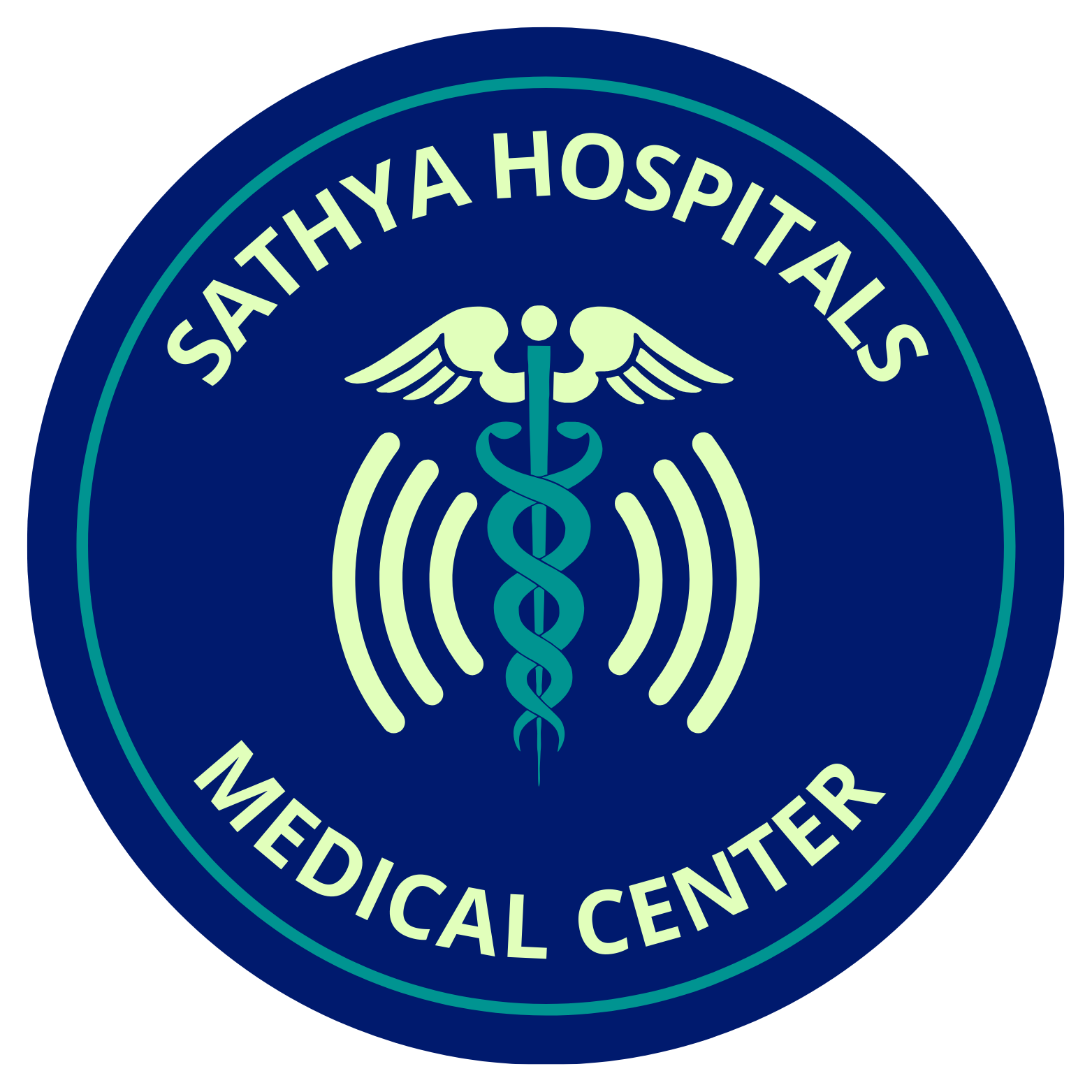Cardiology is a medical specialty focused on diagnosing, treating, and preventing diseases and disorders of the heart and blood vessels (cardiovascular system). Cardiologists, who are specialized physicians, manage conditions affecting the heart’s structure and function, as well as the circulatory system, to improve patients’ quality of life and prevent life-threatening events like heart attacks or strokes. Cardiology services are critical for hospitals like Sathya Hospitals, as heart disease is a leading cause of morbidity and mortality worldwide, including in India, where hospitals like Sri Sathya Sai General Hospital treat conditions like acute myocardial infarction (heart attack) and ischemic heart disease as part of their emergency and specialty care.
Scope of Cardiology Services
Cardiology encompasses a wide range of services, including:
- Preventive Care: Screening and risk assessment for heart disease (e.g., cholesterol checks, blood pressure monitoring).
- Diagnostic Services: Tests to evaluate heart function and identify abnormalities.
- Treatment: Non-invasive, minimally invasive, and surgical interventions for heart conditions.
- Emergency Care: Immediate management of life-threatening cardiac events.
- Rehabilitation: Post-treatment programs to restore heart health and prevent recurrence.
Common Conditions Treated
Cardiology services at hospitals like Sathya Hospitals typically address:
- Coronary Artery Disease (CAD): Narrowing of arteries supplying blood to the heart, leading to chest pain (angina) or heart attacks.
- Heart Attack (Acute Myocardial Infarction): Sudden blockage of a coronary artery, requiring urgent intervention. Sri Sathya Sai General Hospital’s 2016-17 data highlights emergency care for such cases.
- Heart Failure: The heart’s inability to pump blood effectively, causing fatigue, swelling, and shortness of breath.
- Arrhythmias: Irregular heart rhythms (e.g., atrial fibrillation, ventricular tachycardia), which may require medication or devices like pacemakers.
- Hypertension (High Blood Pressure): A major risk factor for heart disease, managed through lifestyle changes and medications.
- Valvular Heart Disease: Issues with heart valves (e.g., aortic stenosis, mitral regurgitation), which may require surgical repair or replacement.
- Congenital Heart Defects: Structural heart abnormalities present at birth, treated in adults or referred to pediatric cardiology.
- Cardiomyopathy: Diseases of the heart muscle, affecting its ability to pump blood.
- Peripheral Artery Disease (PAD): Narrowing of arteries in the limbs, often linked to heart disease.
Diagnostic Procedures
Cardiology relies on advanced diagnostics to assess heart health, many of which are likely offered at hospitals like Sathya Hospitals:
- Electrocardiogram (ECG/EKG): Records the heart’s electrical activity to detect arrhythmias or signs of heart attack.
- Echocardiography: Uses ultrasound to visualize heart structure and function, assessing valves, chambers, and blood flow.
- Stress Testing: Monitors heart performance during physical activity (e.g., treadmill test) to detect CAD or reduced blood flow.
- Cardiac Catheterization: Involves inserting a catheter into blood vessels to diagnose blockages or perform interventions like angioplasty.
- Holter Monitoring: A portable device worn for 24-48 hours to track heart rhythm over time.
- Blood Tests: Measure cholesterol levels, cardiac enzymes (e.g., troponin for heart attack), and other markers.
- CT/MRI Scans: Advanced imaging to evaluate heart and blood vessel structure, available in larger hospitals.
- Chest X-Ray: Used to assess heart size and lung conditions related to heart disease (Sri Sathya Sai General Hospital performed 995 X-rays in 2016-17, some for cardiac evaluation).
Treatment Options
Cardiology treatments range from lifestyle interventions to complex surgeries, depending on the condition:
- Medications: Statins for cholesterol, beta-blockers for blood pressure, antiplatelets (e.g., aspirin) for clot prevention, or antiarrhythmics for irregular rhythms.
- Lifestyle Counseling: Guidance on diet, exercise, smoking cessation, and stress management to prevent or manage heart disease.
- Minimally Invasive Procedures:
- Angioplasty and Stenting: Opens blocked arteries with a balloon and inserts a stent to keep them open.
- Pacemaker/Defibrillator Implantation: Devices to regulate heart rhythm or deliver shocks for life-threatening arrhythmias.
- Surgical Interventions:
- Coronary Artery Bypass Grafting (CABG): Creates new pathways for blood flow around blocked arteries.
- Valve Repair/Replacement: Fixes or replaces damaged heart valves.
- Cardiac Rehabilitation: Structured programs combining exercise, education, and counseling to aid recovery post-heart attack or surgery.
- Emergency Care: Immediate interventions like thrombolytic therapy or catheterization for heart attacks, as offered at Sri Sathya Sai General Hospital.
Emergency Cardiology Services
Hospitals like Sathya Hospitals often provide 24/7 emergency care for acute cardiac events, such as:
- Heart Attack Management: Rapid administration of clot-busting drugs or catheterization to restore blood flow.
- Pulmonary Edema: Treatment for fluid buildup in lungs due to heart failure, often requiring oxygen or diuretics.
- Cardiac Arrest: Immediate CPR and defibrillation to restore heart rhythm.
Why Feature Cardiology on Your Website?
- High Demand: Heart disease is prevalent in India, making cardiology a critical service to highlight.
- Trust-Building: Showcasing advanced diagnostics, experienced cardiologists, and emergency capabilities builds patient confidence.
- Local Relevance: Patients often search for “heart specialist near me,” making cardiology a key service for local SEO.



